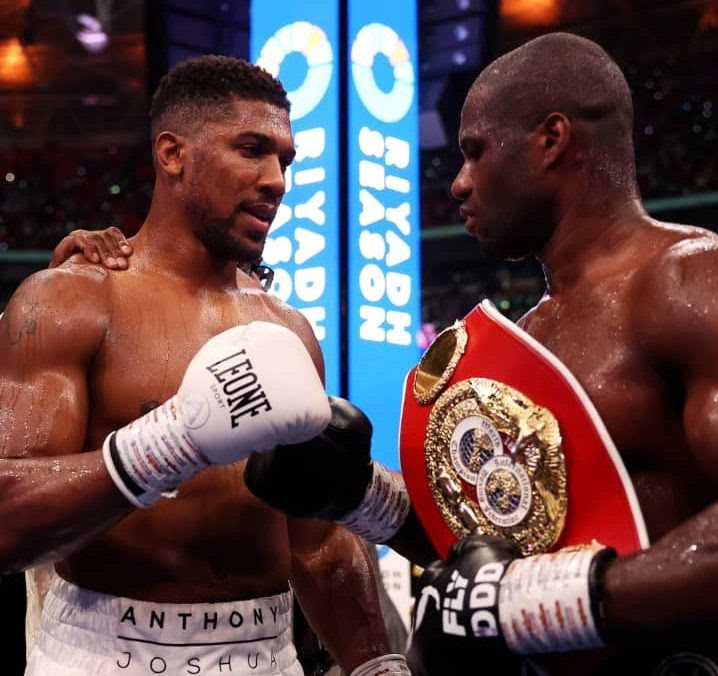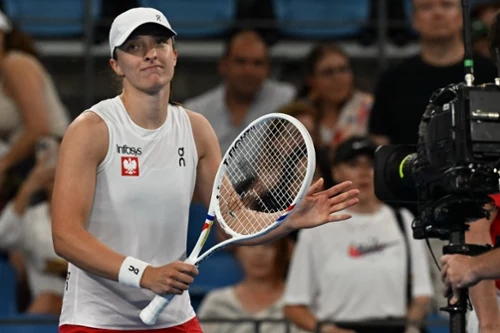Tyrrell Hatton says every LIV player is unhappy with one hole at JCB and wants it changed for next year
On Sunday, all eyes were on Tyrrell Hatton as he concluded his final round at LIV Golf UK held at JCB. The day was charged with tension and emotion for Hatton, who was grappling with a bittersweet mix of feelings. While his team, Legion XIII, secured their fourth team title of the season, inching closer to their rivals, Crushers GC, Hatton himself faced a personal setback. Despite his team’s success, Hatton’s disappointing bogey on the final hole led to him relinquishing the individual title to his teammate, Jon Rahm.
As Hatton prepared to tee off on the 18th hole, he was aware that a birdie would secure his second individual victory since joining LIV Golf earlier this season. His drive off the tee was impeccable, setting him up for what he hoped would be a decisive finish. However, the golf gods were not on his side. Although he initially appeared to be in a strong position, his approach shot left him with a long birdie putt. Unfortunately, the putt proved elusive, and Hatton required three putts to complete the hole, resulting in a bogey. This final misstep not only dashed his hopes of an individual win but also saw him slip into a tie for second place.
Adding to the complexity of the situation, Jon Rahm was stationed at the back of the 18th green, fully aware that Legion XIII would clinch both the team and individual titles regardless of the final outcome. This knowledge likely intensified the sting for Hatton as he watched his opportunity slip away.
In the aftermath of his round, Hatton didn’t mask his disappointment, particularly during the post-tournament press conference with the winning team. Despite the collective victory, Hatton’s frustration was evident as he expressed dissatisfaction with the 18th hole’s setup. In his candid remarks, he highlighted the difficulties he encountered on the final hole, suggesting that its design might need reconsideration.
“Bogeying the last hole, I hit what I thought was a perfect tee shot, yet it ended up beyond the intended line. I’d say the 18th is a hole that 54 players would like to see revised before next year’s event,” Hatton stated. He elaborated on his frustrations, noting that he had played a “guessing game” with his approach, uncertain whether the ball would react with or without spin. His misjudgment resulted in a challenging position from which he was unable to salvage his round. “I wasn’t able to hole that two-footer to force a playoff, and that was very disappointing.”
In Hatton’s defense, it’s understandable why he would feel aggrieved. His tee shot was indeed close to being flawless, but it rolled into the semi-rough, presenting a tricky lie that complicated his final approach. Golf, with its unpredictable nature, can often be harsh even when a player executes a near-perfect shot. The circumstances Hatton faced were undoubtedly challenging, but as is often the case in sports, outcomes can hinge on small margins.
It’s also worth noting that golfers rarely have to face the press immediately after a disappointing finish, especially when the final outcome involves a bogey on the last hole. Hatton’s raw display of emotion, while perhaps uncomfortable to witness, is part of what endears him to fans. His honesty about the team win not mitigating his personal disappointment is a testament to his genuine passion for the sport.
While Hatton’s comments about the 18th hole setup are reflective of his personal experience, it is unlikely that JCB will make significant changes before next year’s event. Golf courses are carefully designed to challenge players, and modifications based on a single player’s experience, no matter how high-profile, are uncommon. Nonetheless, Hatton’s feedback underscores the ongoing dialogue about course design and player experience, contributing to the evolving nature of golf tournaments.
In the end, while Hatton’s team celebrated their achievement, the individual title and the final hole’s setup will remain focal points for discussion as the golf world moves forward. The harsh realities of the sport, combined with Hatton’s passionate expression of his views, continue to highlight the unpredictable and often unforgiving nature of competitive golf.






